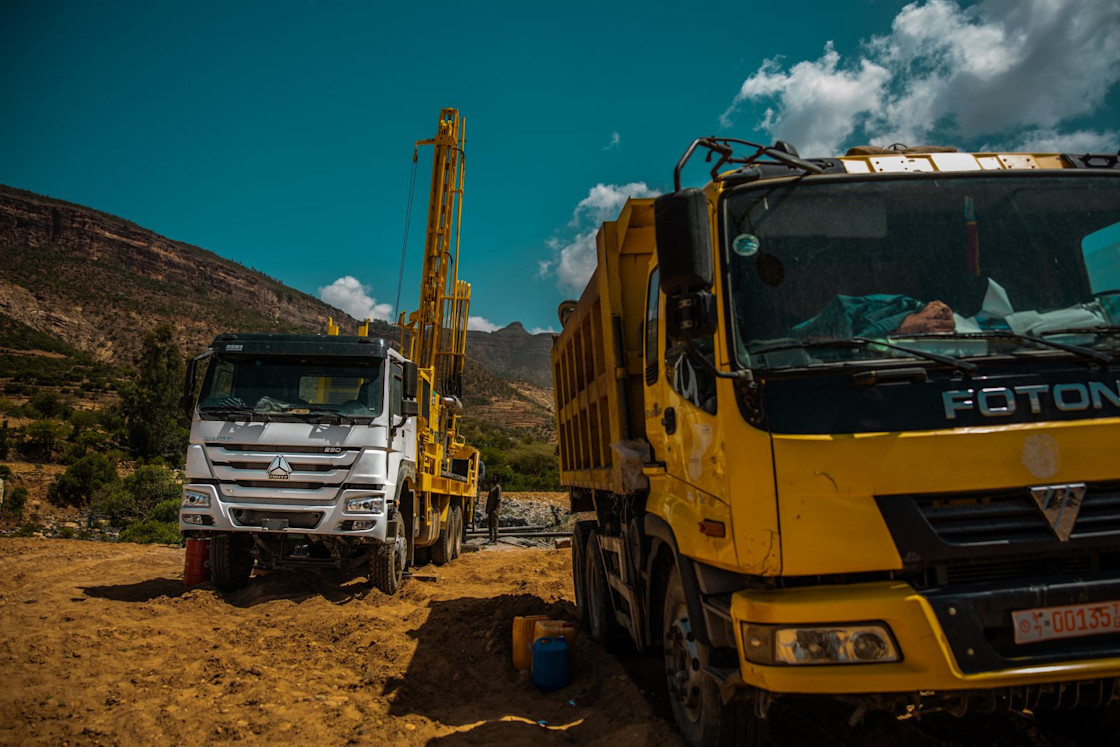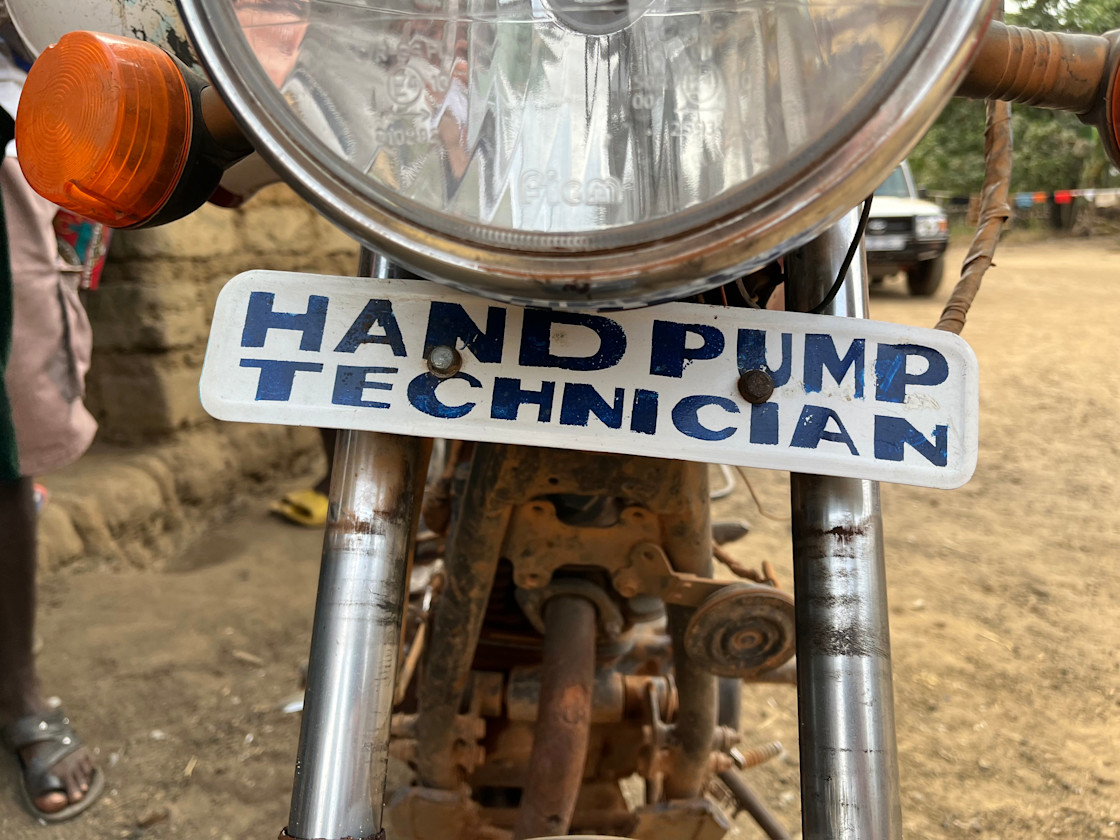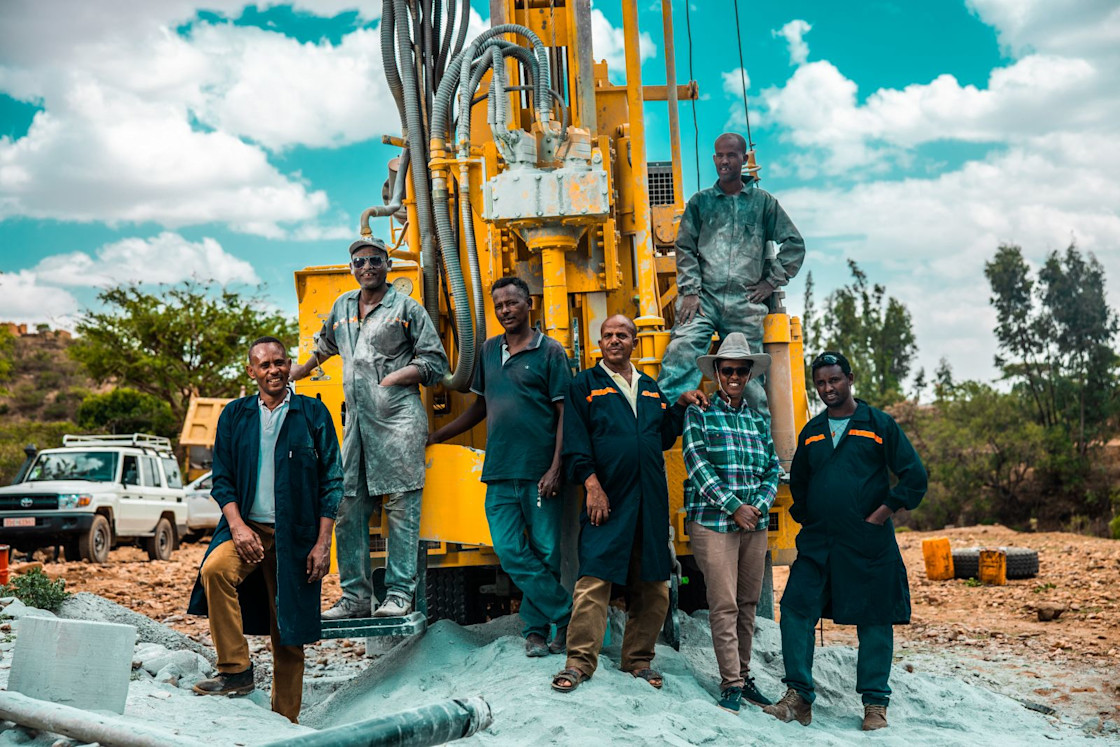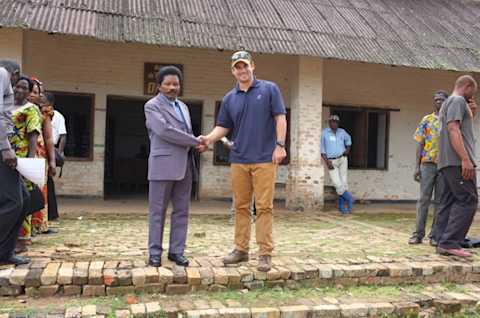My first job in the development sector took me to the Democratic Republic of the Congo. I was underqualified and underequipped, but more than anything I wanted to build something that would help people.
What I lacked in experience, I overcame with passion and grit. So, after a short time, I found myself in a role supporting the programs team. It felt like being thrown into the deep end.
The region where we were working was an active conflict zone. Armed groups roamed the country with impunity, waging devastating attacks on civilians and resulting in more than 2 million people fleeing their homes. (You can read more on this humanitarian crisis here.) These human rights violations had destabilized the government—and the Democratic Republic of the Congo (DRC) was already one of the poorest countries in the world.

But these circumstances only motivated our team.
We had repurposed an old building in the center of town to be used as a rehabilitation center for children who had been exploited and abused as child soldiers. One evening, with little to do in town, my coworker and I came across a large safe in the backyard under a pile of rubble.
With little to do and lots of curiosity, we popped it open.
I had no idea what we’d find inside. Would it be empty? Full of buried treasure?
What I never would’ve expected was to find dozens of records. Apparently, a Ford Dealership had thrived on this very site just 50 years prior.
This was not a surprise to my local colleagues. They showed me evidence of a community that had previously had a hydroelectric plant connected to a local electricity grid, small industrial plants, and enough of a local economy to support a Ford dealership. (For context, in Africa it’s common for American-made vehicles to be sold at a 300% markup.)

But 50 years—just two generations— later, this community was in survival mode. A generation of men killed or missing. Women victims of sexual assault en masse (a tool used as one of the most devastating weapons in violent conflict). Children affected by unimaginable trauma.
This discovery shocked me. But while the papers inside the safe may have been worthless to some, they taught me an invaluable lesson about the true goal of development work.
In the community where we worked, one-time investments failed to bring lasting value because they lacked the investment in systems to enable long-term growth in communities. While one-off development efforts are easier to execute and may bring some value in the short-term, they fail to equip communities for generational change.
And 50—or even 20, or 30— years later, they’re just pieces of paper.
The people of northeastern DRC deserved more than the memory of a Ford dealership. They deserved more than a history of one-time projects. They deserved a future of hope, safety, and peace. They deserved lasting transformation.
Today, I live in California (not the Congo). But after my experiences there, I became drawn to working on projects where programming is not a one-time moment, but instead provides generational change.

Water is our challenge—and our calling—here at charity: water. It’s our mission to bring clean water to communities, but not just for a year or two. We’re committed to working with local partners, who understand the local context and the struggle of dirty water better than anyone. We invest in the long-term health of the regions where we work so that transformation is truly generational, not momentary.
How do we support the long-term development of communities on the path out of poverty?
- We work with best-in-class partners who can coordinate with the government and other stakeholders to enable long-term project functionality.
- We engage in post-implementation maintenance programs, so broken or low-outflow water solutions can be fixed or updated.
- We monitor and measure our programming extensively, setting the highest standards for water point functionality and quality and enabling partners to reach those standards for old and new projects.
- We develop reporting technology like our India Mark II water sensor, so we can monitor how water projects are functioning.

This requires working through challenges, not around them. The work of our local partners is often extremely hard. Still, what’s forged in difficulty can also endure difficulty, so it’s always worth it.
Thank you for working through the difficult with us. Thank you for choosing to invest in solutions that foster progress and economic development. People around the world—and, hopefully, their children and grandchildren—are facing a brighter future because of it.
— Sean Poole

